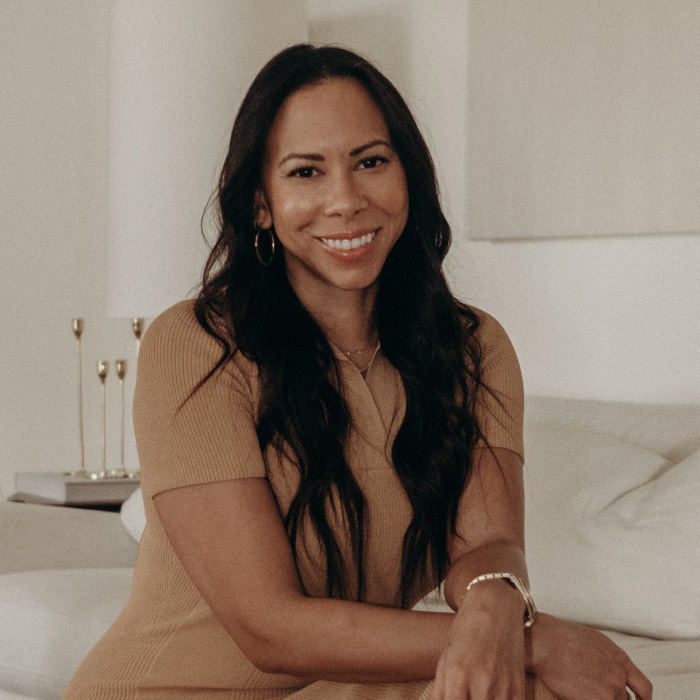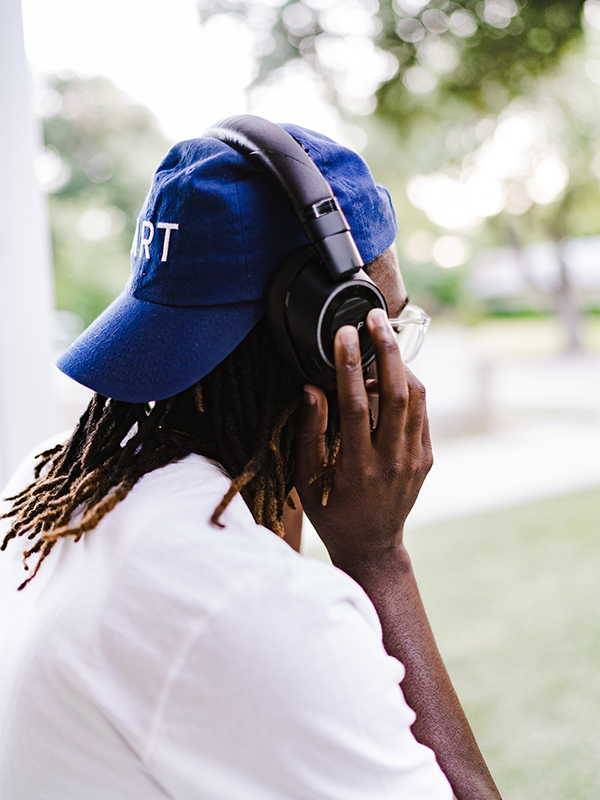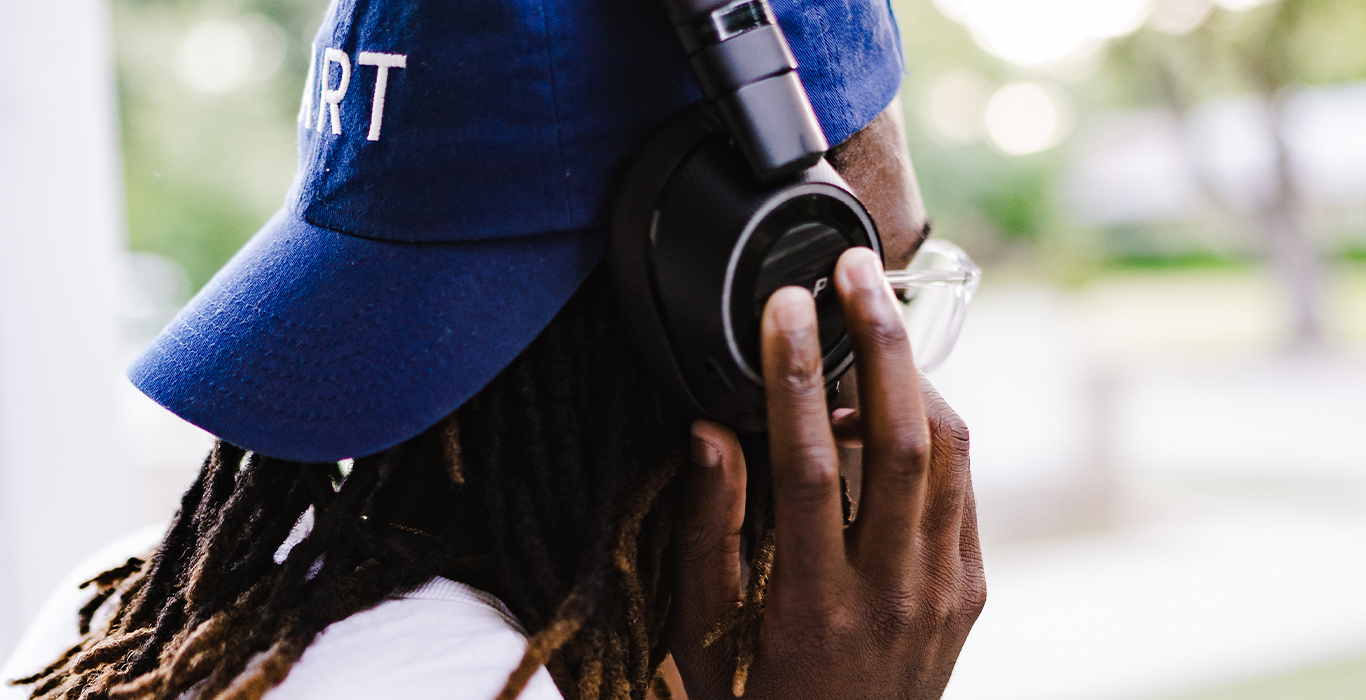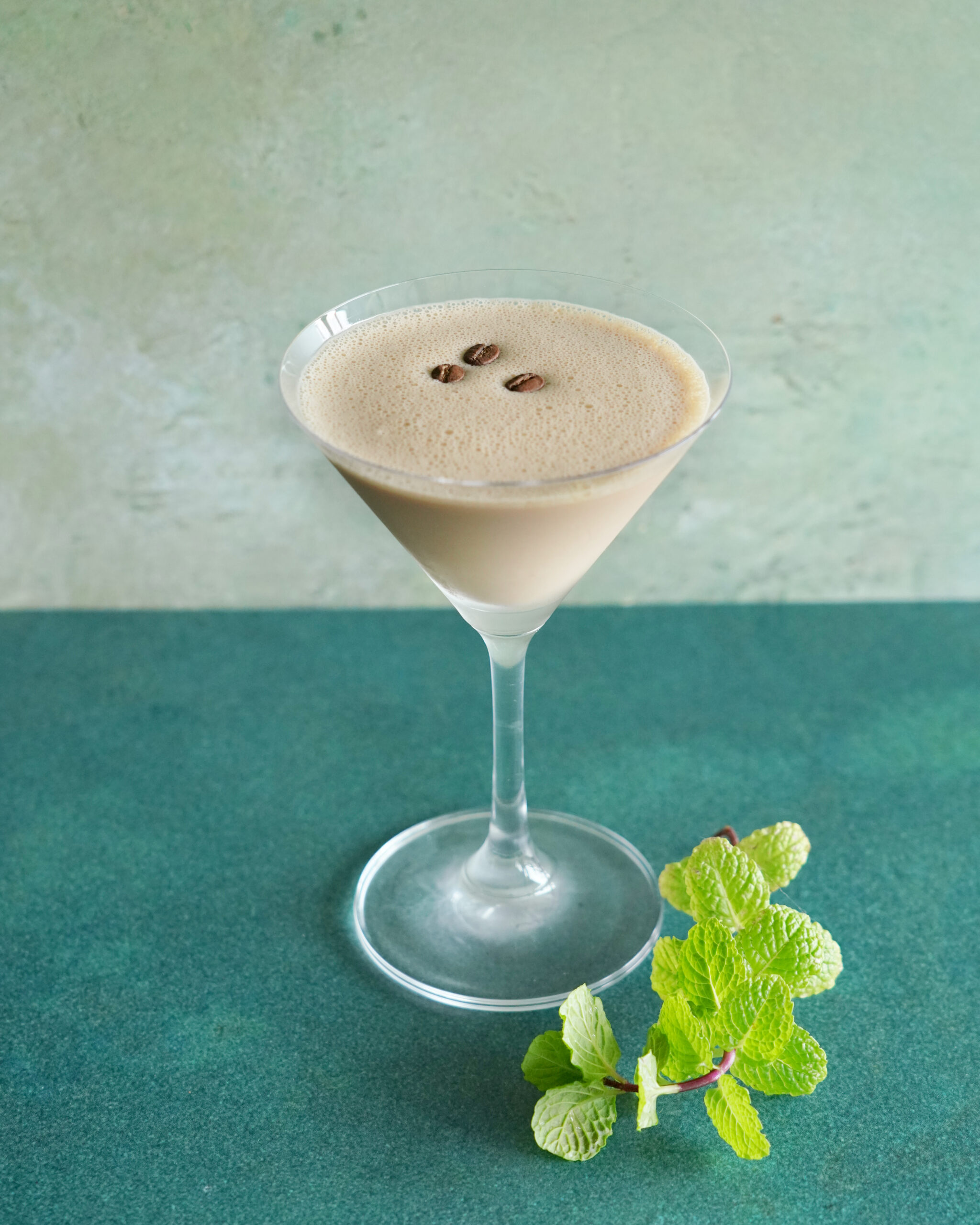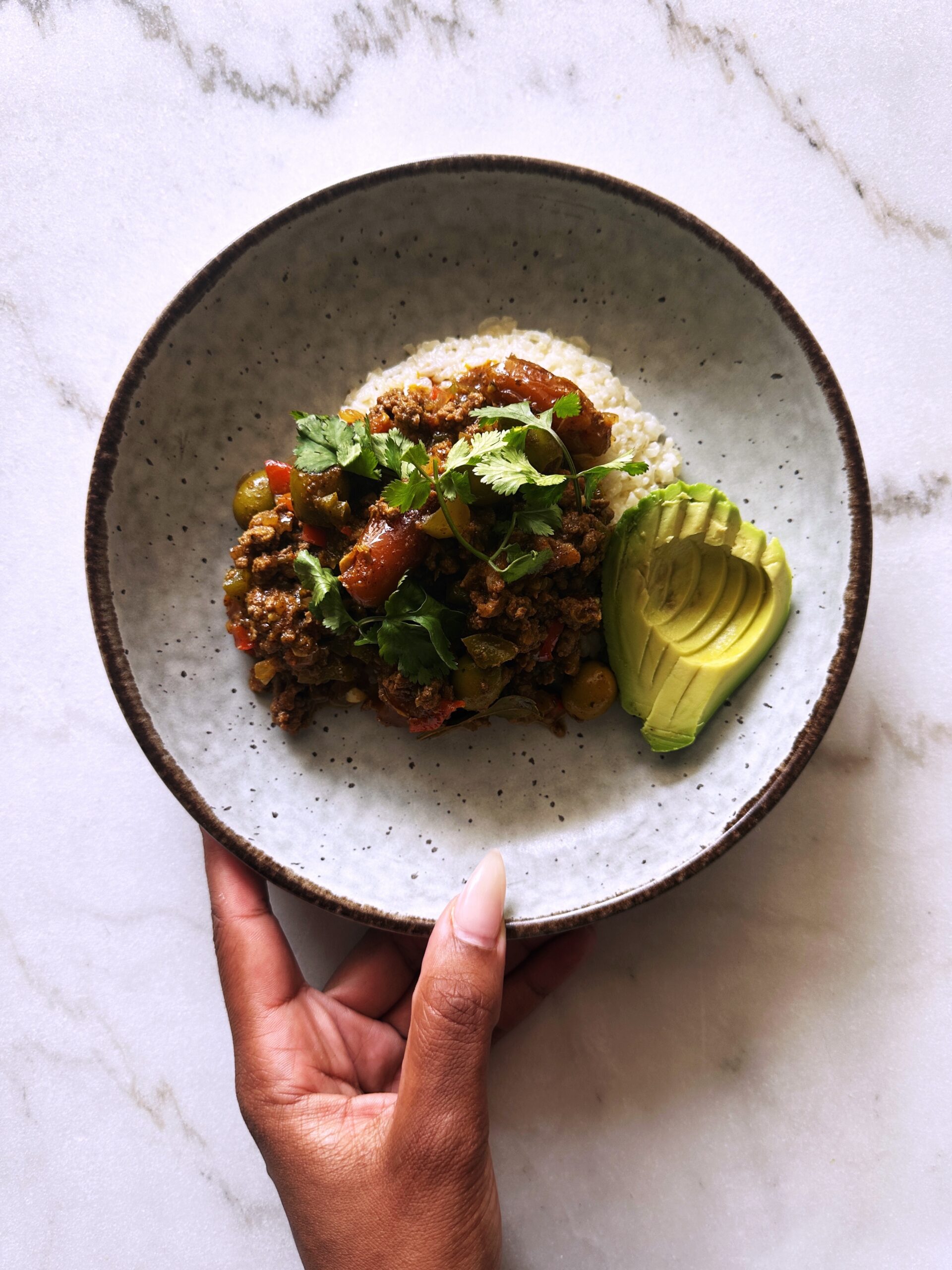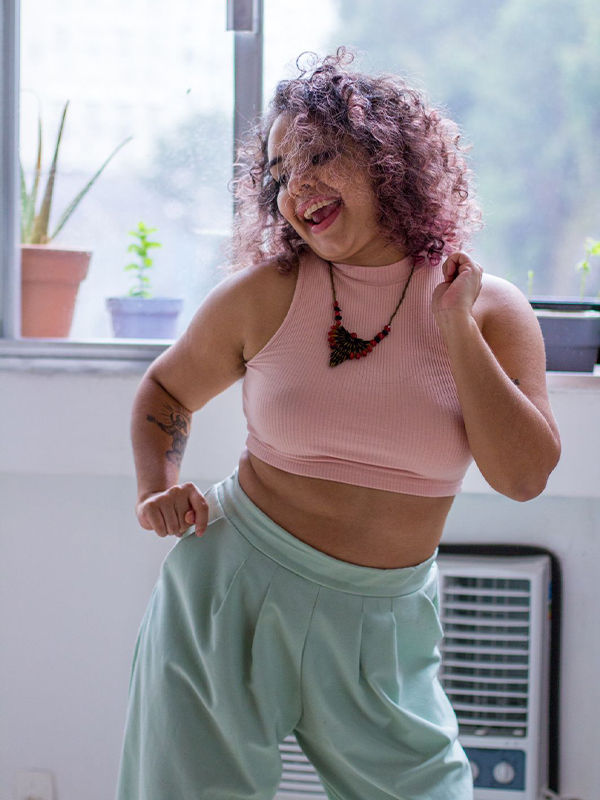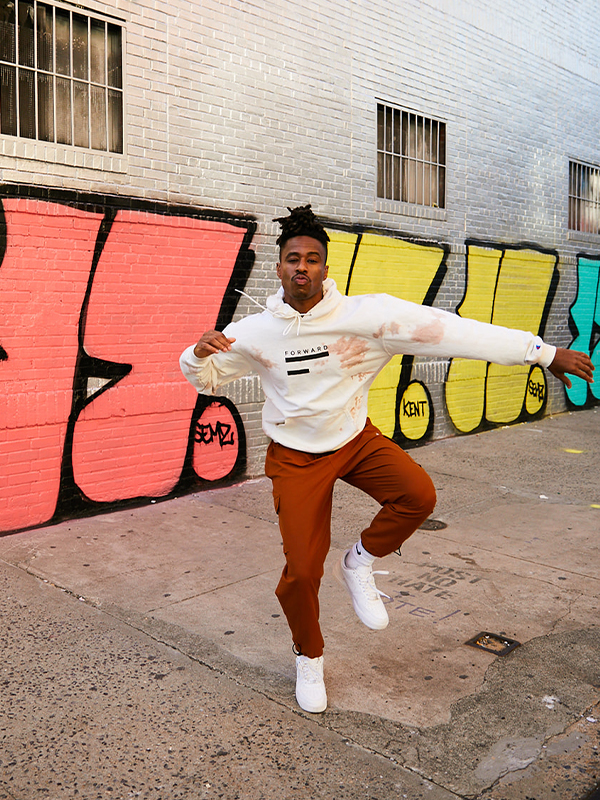Justin Little, mental health expert and advocate as well as creator of The Mental Health Podcast, sees every kind of holiday emotion in his work. “For some, it’s the greatest time of the year,” says Little. “Yet for others, it’s a terrible time. So many people feel alone, and maybe have lost loved ones. Maybe it’s their first holiday without that person.”
More than 50% of Americans struggle with feelings of loneliness during the holidays, while 64% of people with mental illness report feeling worse during the holiday season. While it’s not a complete solution (other forms of support including counseling and treatment should always be considered), giving yourself the gift of some uplifting music therapy during the holiday season could be just what your spirit needs.
“I would describe [music therapy] as using music as a tool to treat specific needs that might not necessarily be easily treated by other therapies,” says music therapist Sierra Marriott, who works with special needs children as well as adults with mental health challenges. “Music therapy can be really helpful, because it gives one an alternative outlet of expression. When it comes to music, we adapt it to meet whatever need is most important to our client.”
Little recommends using apps like SoundMind: Music Therapy, which features specifically curated sounds and music specifically aimed at promoting feelings of wellness and happiness. “I like music that I can relate to, music that tells a story that I personally resonate with,” says Little. “I would say, start there with some positive, uplifting music and positive affirmations when you’re feeling down. Play some songs that bring you back up and remind you of good times.” He has an entire music playlist for just this purpose. “One song right now for me on repeat is a song by Cashma, ‘Before I Let Myself Down.’ It literally speaks to my soul.”
“Music therapy is an awesome tool to help people unpack things and to open up to certain things that they may not have in a traditional therapy setting.”
– Nicholas Ryan Gant, music teacher, vocal coach and recording artist
Music therapy is a relatively new practice, which means there’s also an opportunity to get super creative, adds Marriott. “I also often make up songs, [or] I might do something like a call and response, which would be me singing something and then prompting [my client] to respond to me in whatever way they can.”
If you’re looking for music therapy playlists to dive into, platforms like Spotify, Beyond Radio, Black Women’s Music Therapy and Health & Bass offer good options. Marriott also says listening to out-of-the-box selections may be the key to breaking free from what’s bringing you down. “Explore new types of music,” says Marriott. “I’m in Dallas right now, and a large amount of my clients are Latina/Latino. Because I’m Caribbean, [I] can see similarities there, with just having a vibrant culture. So I like to use music that has their language, music that has instrumentation that they’re familiar with, but I also like to throw in some Caribbean songs that I think would be fun. I like to [use] music from Morocco, from Russia, from Guatemala. I’m very worldly when it comes to the music that I choose.”
This year, music teacher, vocal coach and recording artist Nicholas Ryan Gant (affectionately known as NRG) celebrated the season by singing backup for the legendary Mariah Carey as part of her televised holiday special. Music, he shares, has not only played an important role in his professional life but also in his personal one.
“In high school, if I was feeling a way, I would listen to music and journal and get out my thoughts and write poetry,” says Gant. “That was when I really understood the power of music and making that connection.”
In order to make ends meet while pursuing his dream of becoming a recording artist, Gant took his passion for working with youth to another level by becoming a teaching artist and, ultimately, a student advocate. Just before the pandemic hit, Gant says he was inspired to pen songs for his healing music project, Restore, which he describes as “a musical reconciliation between us as a people and healing.” It includes interludes, or lullabies, that he says are intended to open listeners up to healing.
“Music therapy is an awesome tool to help people unpack things and to open up to certain things that they may not have in a traditional therapy setting,” says Gant. “My music is a reflection of who I am and how I live. Everything that I put out is something that I’ve experienced, or something that I needed, or something that I felt.”
If you or someone you know is experiencing a mental health crisis, you can access the national Suicide & Crisis Helpline by dialing 988.



